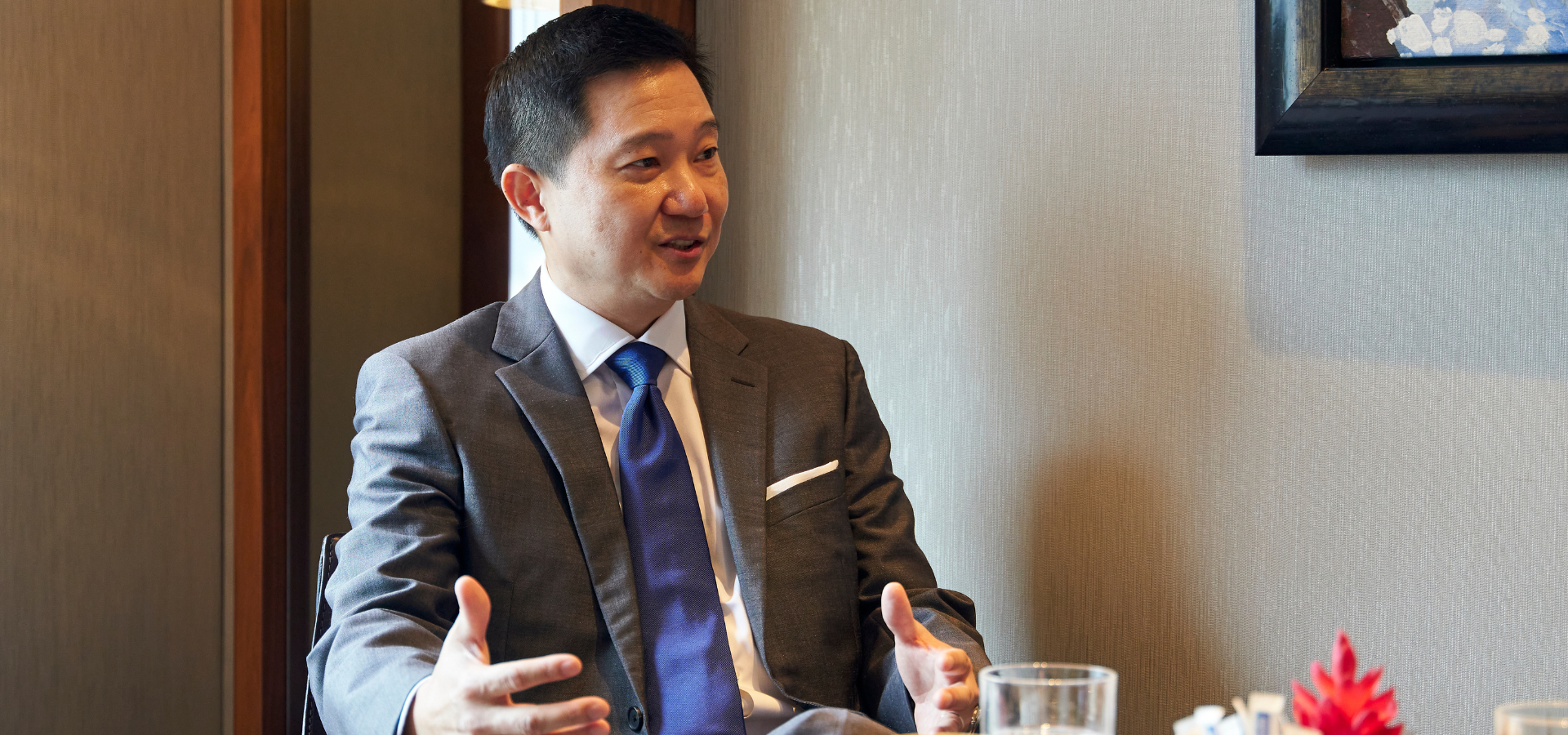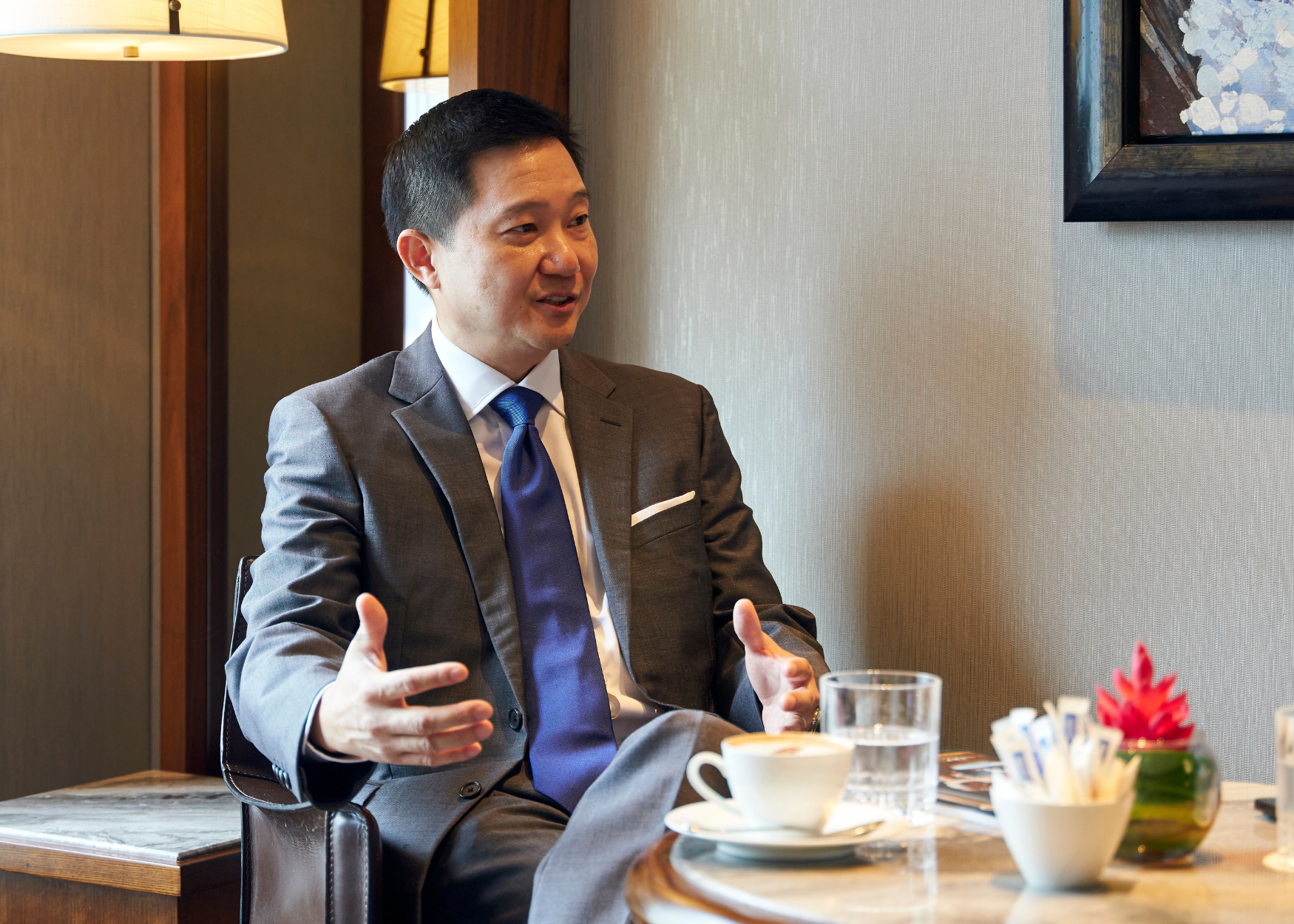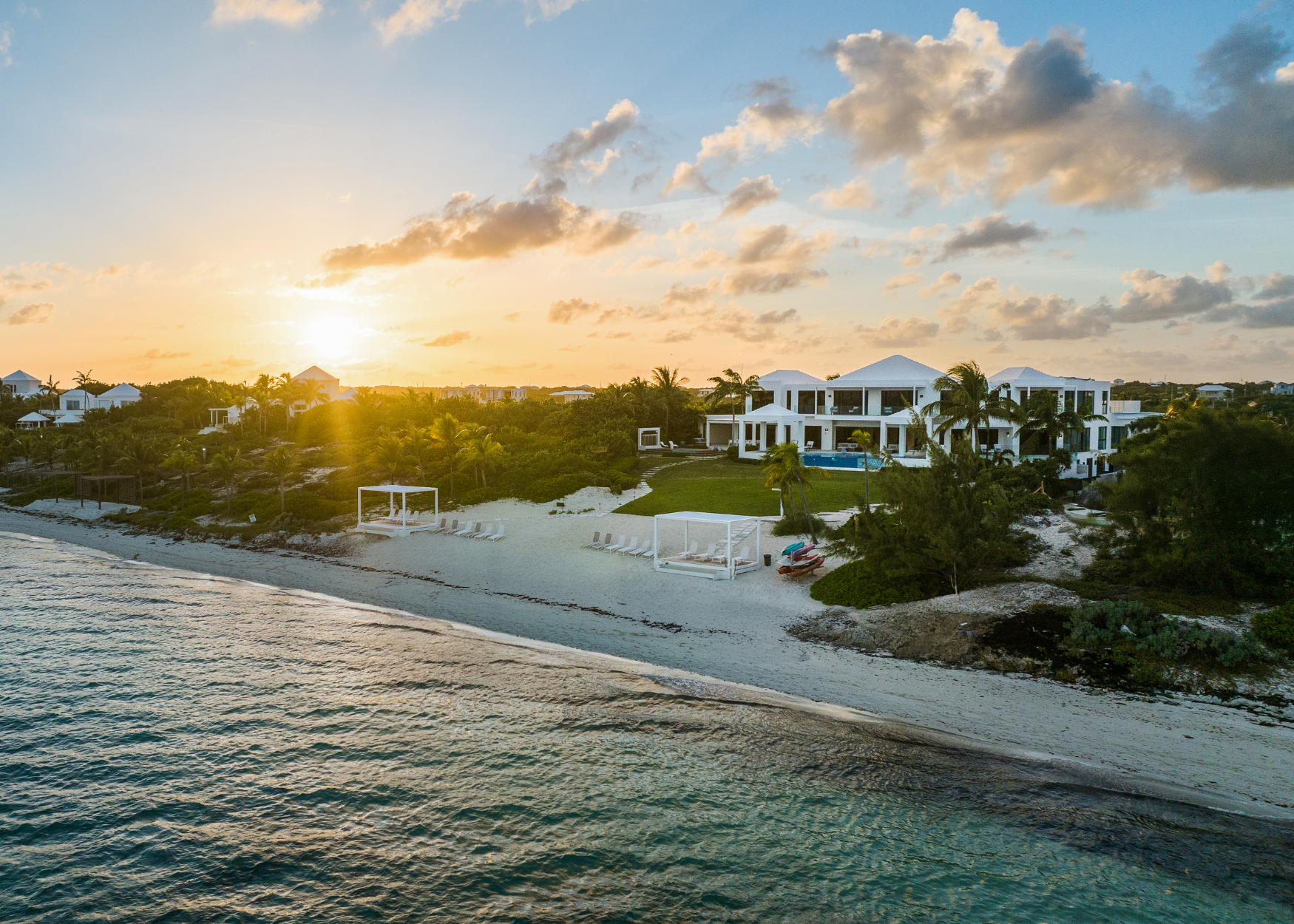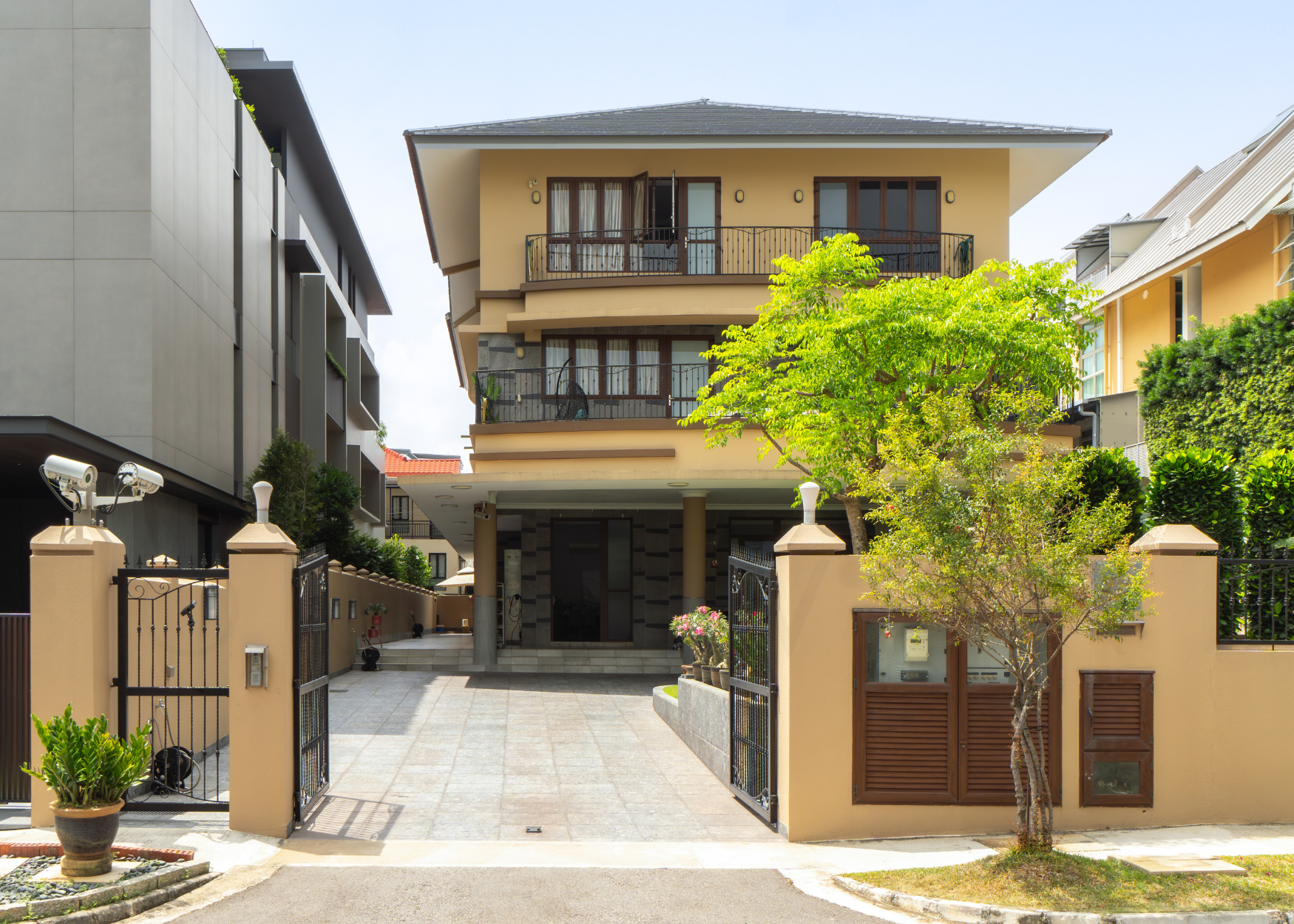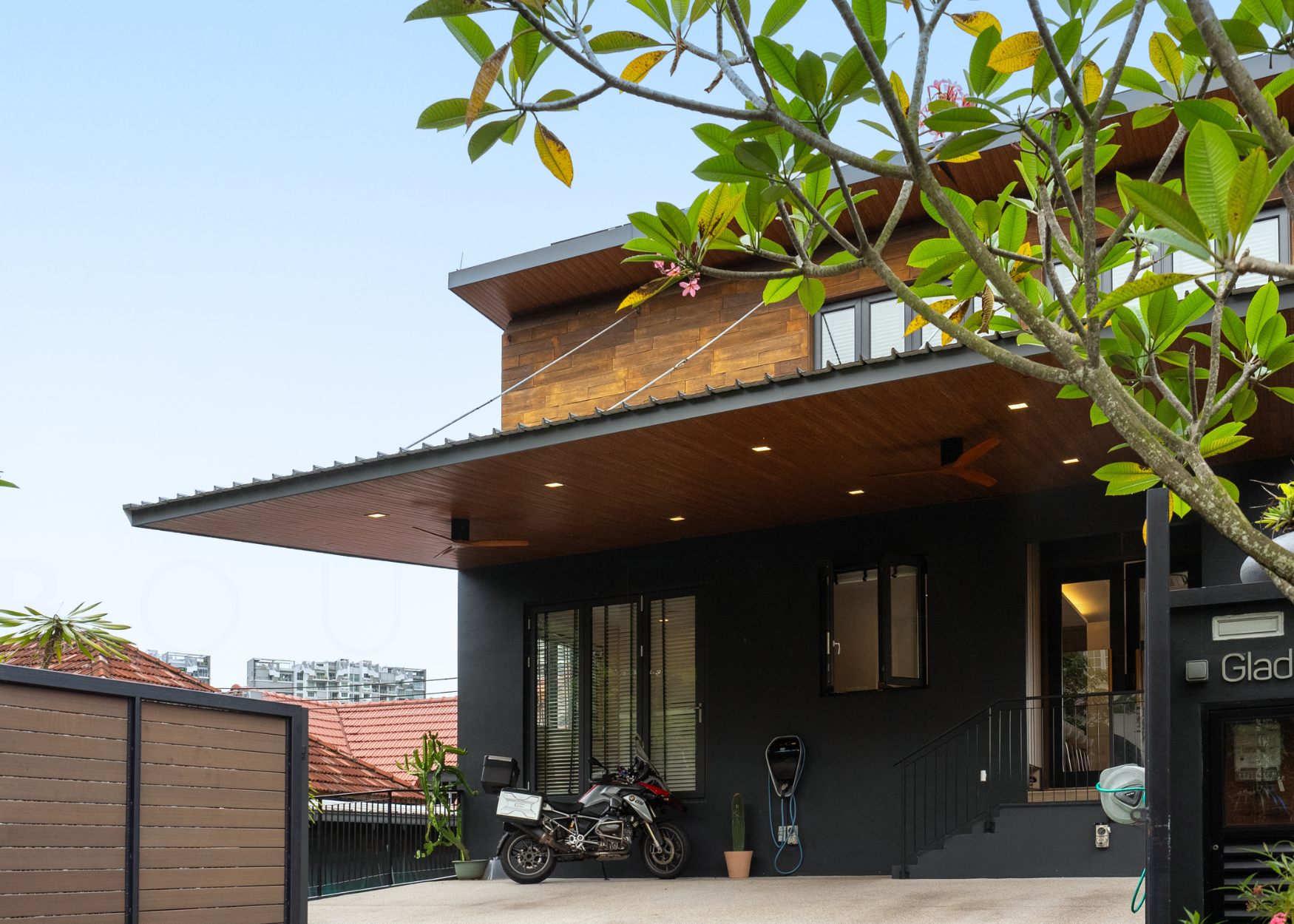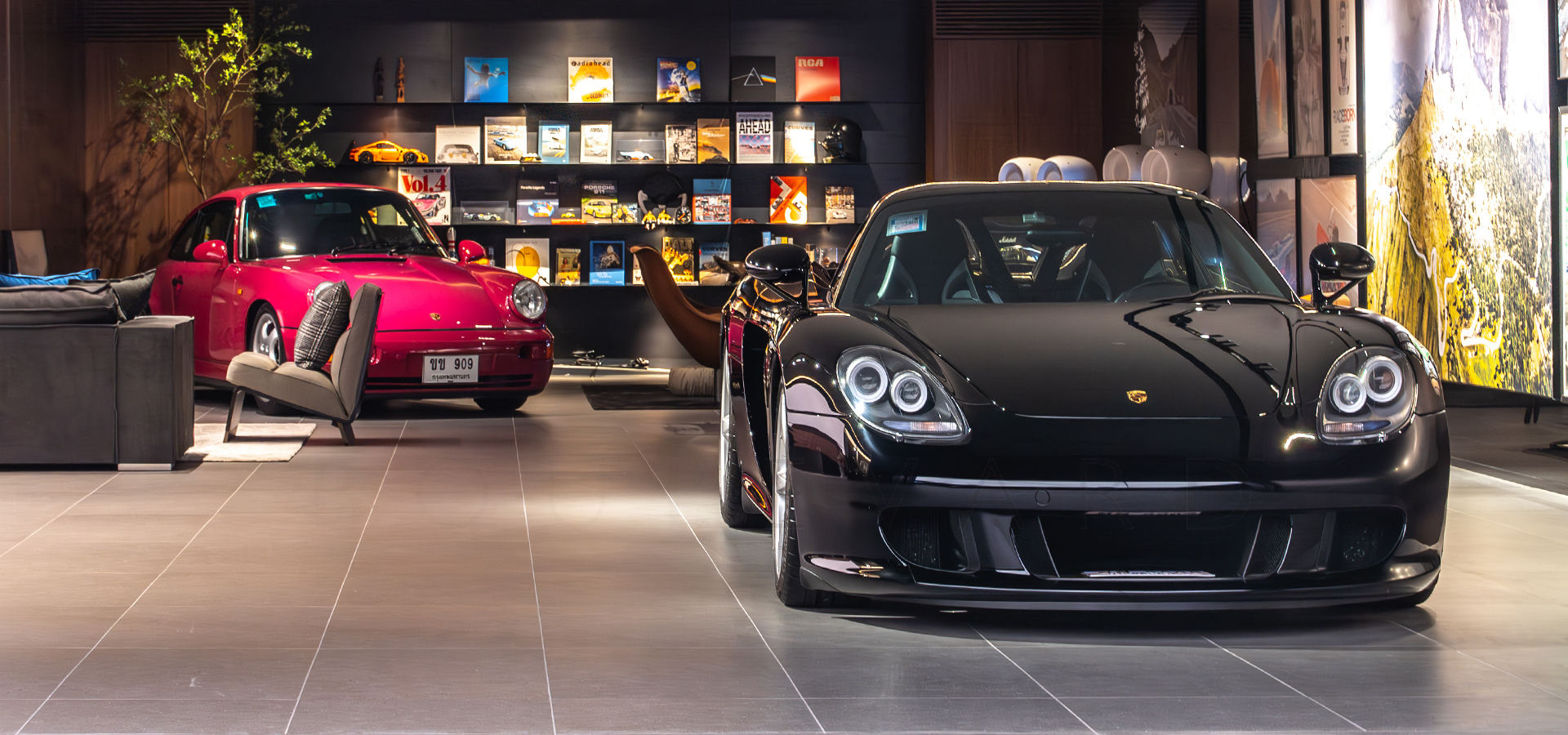The interview: David Tsang, CEO of Pontiac Land Group
“We do have conversations about, you know, whether the Ju Ming is in the way of kids playing soccer,” says David Tsang, CEO of Pontiac Land Group, in reference to the Taiwanese artist’s imposing Taichi sculpture taking pride of place on the lawn at The Colonnade condo in Orchard. It’s not a problem many developers would spend time chewing over, but PLG is not your average developer.
For one thing, there’s the art: the group boasts an extraordinary collection of works by the likes of Yayoi Kusama, Frank Stella, Dale Chihuly and Ian Davenport, including several installations commissioned expressly for their developments, such as Six Brushstrokes by Roy Lichtenstein. (Per Tsang: “Rather than just building a plaza in the middle [of Millenia Singapore], let’s think of that space as a canvas – what could we have somebody do?”)
For another, there’s the portfolio – comprising not only projects the group has completed, which span residences, offices and hotels, but also a number of condo projects they can’t bring themselves to sell.
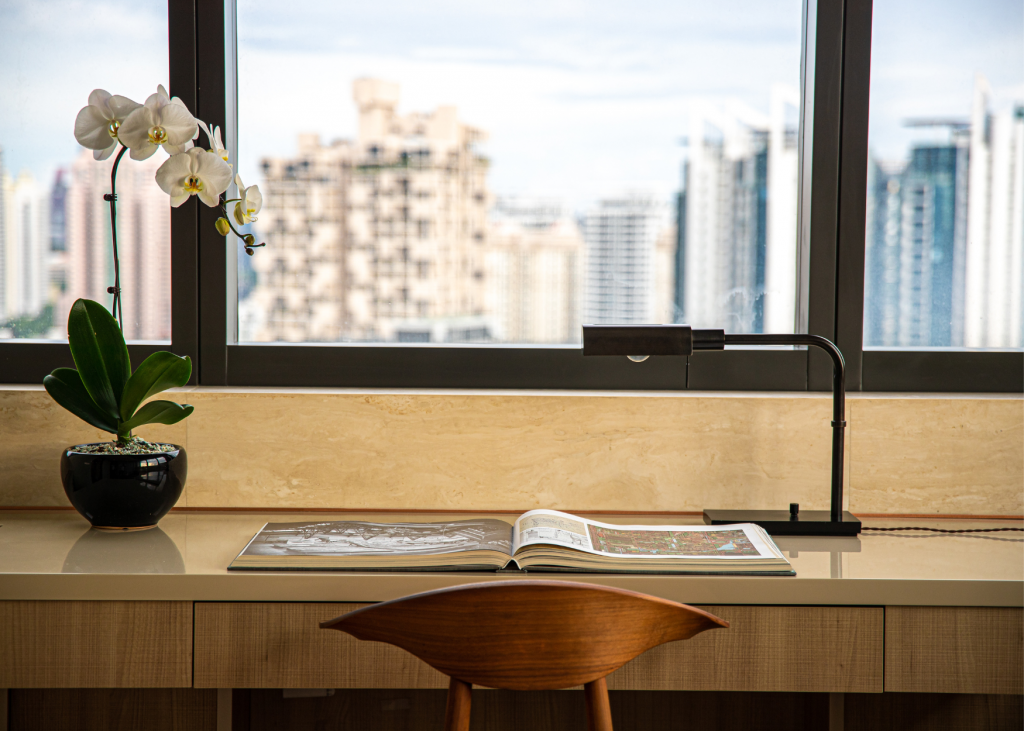
“We are definitely unusual, from the standpoint of most developers,” says Tsang. “If you have the mindset of a fund, and it’s about short-term financial returns, you know you’re going to build it, sell it, and then go do another one. Whereas for us, we go in with a long-term intention, it could be generational, and it makes you think about the right thing to do for this space. It should outlast you.”
This considered long-game extends to the group’s hospitality arm, Capella Hotel Group, which has recently opened only its seventh hotel in a heritage redevelopment in Sydney that PLG undertook itself.
“When it comes to developing for Capella, it’s about creating something that’s unique – and that takes a long time,” says Tsang. “Sydney, for example, has taken seven years to get there. And that’s fine, we’re very patient. But it would be a slow process if we had to develop everything, in-house, for Capella. For their growth, they have to be able to go on their own path.
“So if they can find the right site, find the right partner to develop it, then they should go ahead and be able to take on those opportunities.”
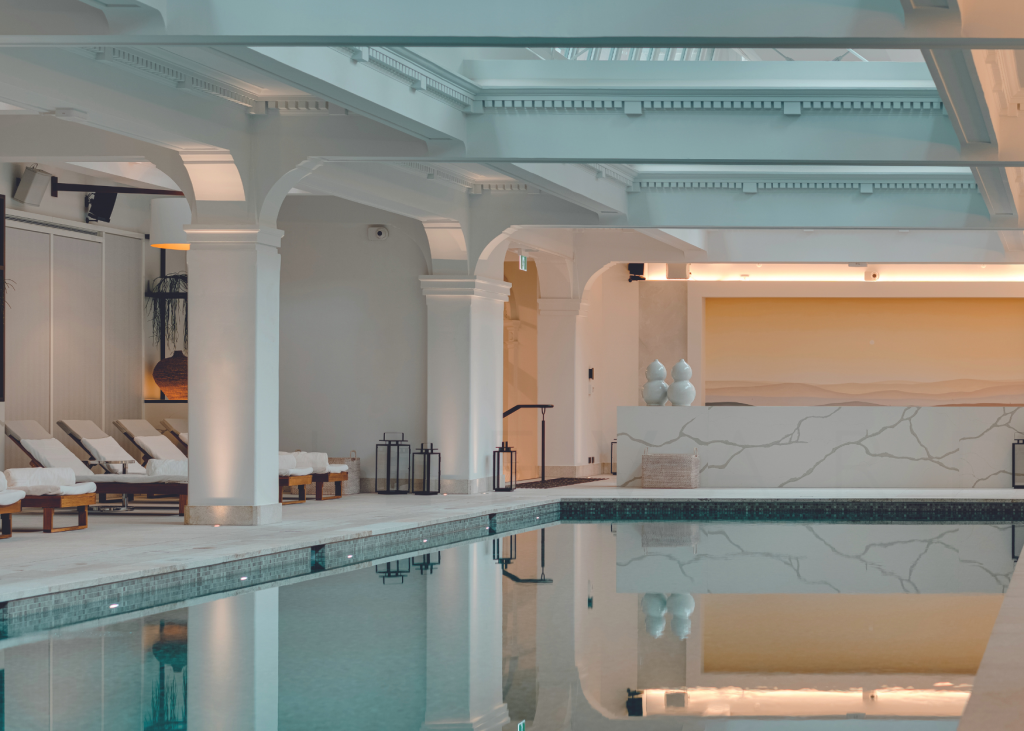
The original flagship in Sentosa, Singapore, bridges the divide between city hotel and holiday resort, between work and play, that the brand actively exports to its new outposts. In Sydney, the former government buildings presented precisely the mix of heritage and grandeur (and perhaps also the sort of challenge) that PLG does so well, but how to inject that trademark Capella resort vibe?
“How do we create a sanctuary in the city, with all these tall buildings around us? When you look at the swimming pool, from a developer’s perspective, it would have been really easy to put it in the basement,” says Tsang. “But we put it on the sixth level, and the main reason was that the original building had natural skylights – you don’t expect to see natural light in the middle of the building – and we wanted to let that natural light into the pool area. So to get a 20-metre pool in, we had to go all the way down to the foundations to anchor it. But that created your resort sanctuary in the middle of the city.”
There’s an unabashed perfectionism that appears to radiate (possibly from Tsang himself) across the whole portfolio, from the office towers designed by Pritzker laureate Kevin Roche to condo residences by Paul Rudolph and Kerry Hill, through to the recent refurb of Capella Sentosa by André Fu, extending from planning and execution through to Boulevard’s own, humble photoshoots – where on one occasion, a large, and largely immovable planter appeared to have been minimally asymmetrically positioned, and if it couldn’t be moved in real life, could it be nudged in post-production?
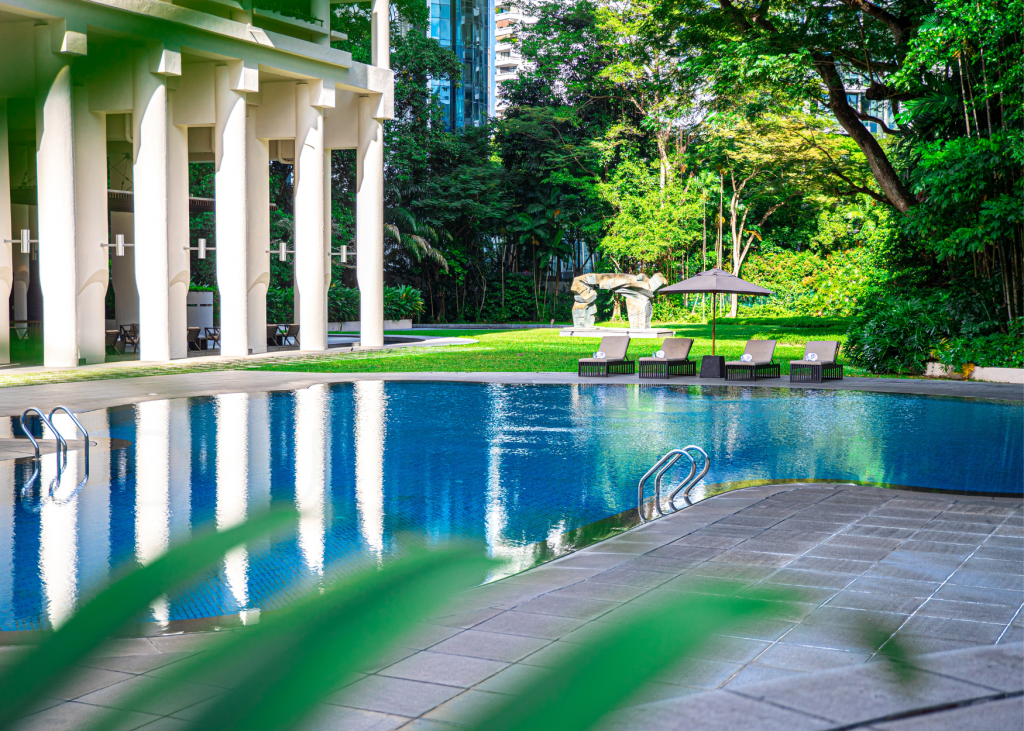
“We really want to create something as well as we can. We spend a lot of time thinking about details, and we’ll make changes that are painful to do, but in the long term, it makes sense.
“And if you have that long-term mindset it’s okay,” says Tsang. “Because it’ll become part of your portfolio.”
The approach, of amortising the perfectionism, seems particularly suited to hospitality, where unlike offices and often condos, you have to live with – and operate through – your mistakes.
“Hospitality is a real strength of the group,” says Tsang. “Hotels are operating businesses. With offices, it’s more straightforward, you’re really just building a bare shell for people. With residential, you do have to figure out what type of units you want and fit them out. But with hotels, you have room sizes, and a huge back of house, and you have to run all these amenities. So operationally it’s much more complicated. And because we’ve been doing that for years, it’s really in our DNA.”
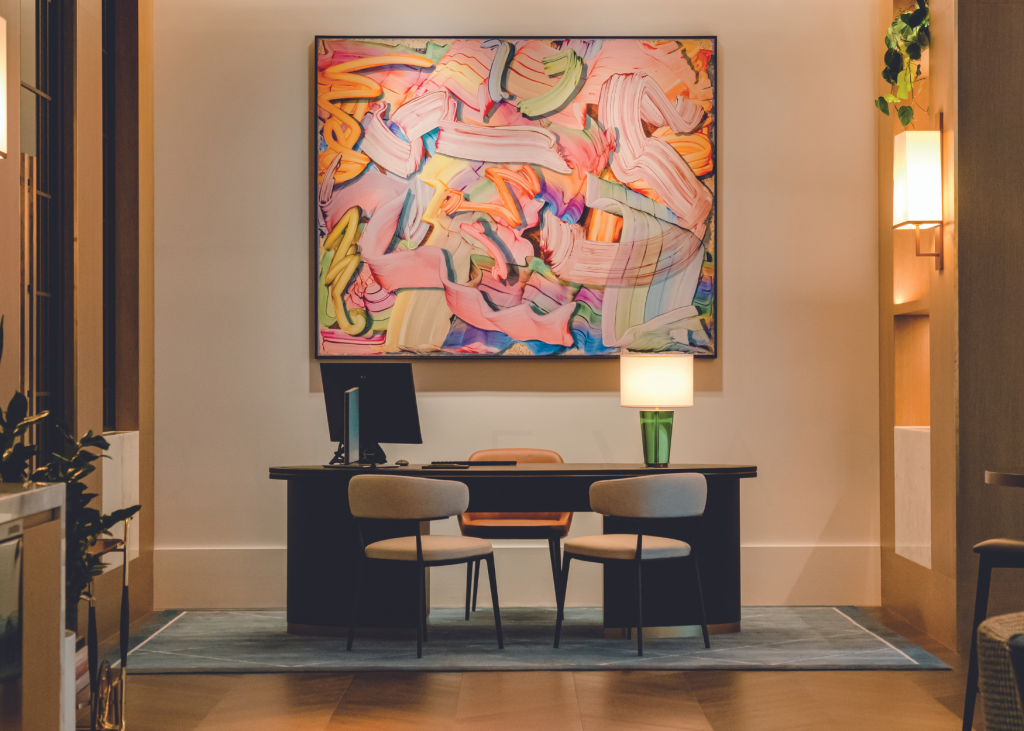
What sounds like a painstaking and even cautious approach is just starting to tip over into a faster pace of growth, with six new hotels opening under the Capella brand in the next two years, including its first outpost in the Middle East, in Riyadh, and a sublime-looking 57-villa resort in the Maldives by Japanese architect Kengo Kuma.
“For us, as value investors over the long term, the challenges in the current market signify more opportunity,” says Tsang. “We’re quite counter-cyclical like that. And it looks like over-inflated assets are coming back down to realistic expectations.”
“We’d love to do more projects in Singapore, including residential. But it’s very competitive, and being such an established and safe market, people are happy with lower returns,” he continues. “So we look for higher returns when we go abroad.”
But could they ever bear to part with their residences?
“We’re looking at branded residences, and for us, the question is, what’s the longevity of that residence?
Because we intend to operate the hotel next door long term,” says Tsang. “At the end of the day, real estate is a living thing – there has to be crossover between the projects, and a community. But yes, if it works, we could start selling residences one day.”
